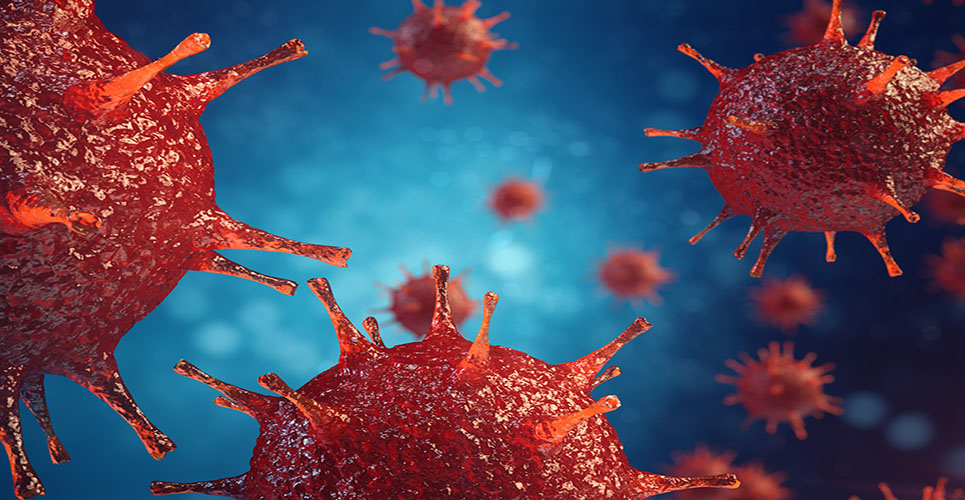teaser
A wound and burn dressing with active leptospermum honey, has been found to significantly reduce the presence of methicillin-resistant Staphylococcus aureus (MRSA) in chronic wounds.
The number of hospital admissions for MRSA has increased rapidly over the last decade, with a 300% increase in 2005 over that of 2000, and a 1000% increase over that of 1995.
A randomised and controlled trial of 108 patients looked at venous leg ulcers that had been proven to be non-healingunder standard treatment (compression therapy).
Half thepatients had a common advanced wound care gel added to the standardtreatment, and half had MEDIHONEY.
After fourweeks, MRSA was eradicated from 70% of the MEDIHONEY treated wounds versus only 16% of thehydrogel treated wounds.
Commenting on the publication, CEO Ed Quilty said: “This study was presented last year at the European Wound Management Association, and we are pleased that the work has been recognised in such a well-regarded peer reviewed wound care journal serving the global market.
“MRSA, which is now reaching out beyond the walls of hospitals and nursing homes into the general community, claims more lives than AIDS in certain countries. MEDIHONEY’s ability to eradicate this superbug, while also helping chronic wounds to progress towards healing, makes it a truly unique product in the field of wound care. We, along with our global commercialization partner Comvita, have seen steady growth in interest and sales in the product line since its launch.”
This study was published in the June 2008 issue of The Journal of Wound Care.

